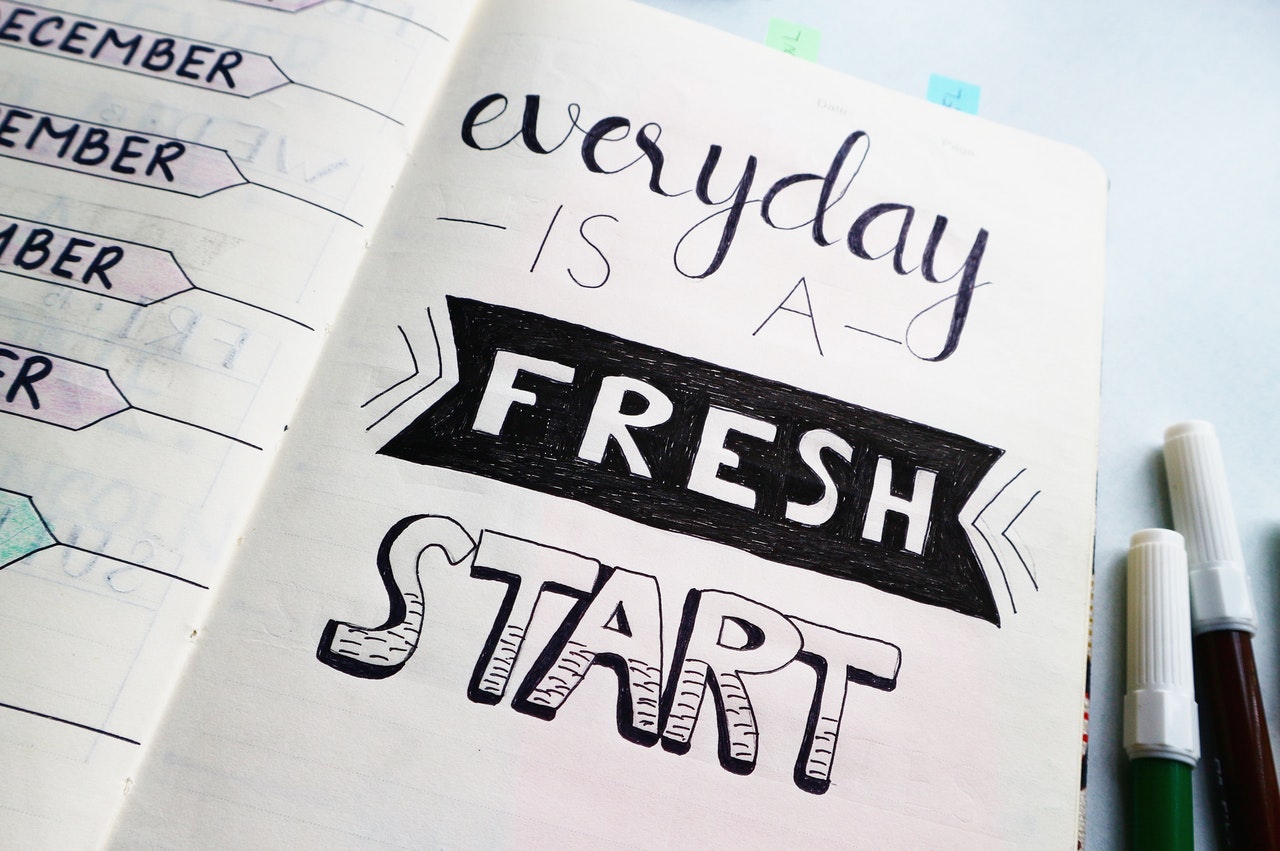

Having a blog in 2021 is a great strategy for growing your business. In fact, marketing teams that focused on blogging were able to increase ROI by up to 13 times over their competitors in 2019. In addition, company blogs build relationships with customers and provide another way to lure consumers to your website and down the sales funnel.
To launch and maintain the best blog possible, you’ll need an Editorial Calendar. This will outline the topics you wish to cover and a plan to roll out all of your content. Your Calendar will only need a few tweaks for it to become the ideal blog-churning machine. These tips will help you get started:
1. Plan Far in Advance
Don’t plan your topics the day you are writing — or even just a week before. Your editorial Calendar should be laid out well in advance, giving you enough time to prepare topics and make any needed adjustments. Otherwise, you’ll find yourself scrambling at the last minute, a practice that leaves a lot of room for error.
Try to get your editorial Calendar listed out with a month’s worth of content. Then, hold a brainstorming session to develop topics for blog posts, and assign them due dates in your online Calendar. Know your limits, however, as planning out too far in advance may leave you writing on topics three months from now that have become old news.
2. Leave Some Spaces
As you plan out your content, don’t be afraid to leave a space or two. You can use a day off to evaluate your content strategy or to simply take a breather before putting your nose back to the grindstone. Planning these spaces in advance allows you to build around them better.
A space in your editorial Calendar also leaves some wiggle room for surprises. For example, let’s say a partner shows up with a content idea they want to collaborate on for your blog. Instead of pushing everything to the side, you can insert the project into one of your available spaces. This will also be helpful for fitting in breaking stories, time-sensitive pieces, or editor’s notes as they come up.
3. Get Everyone Involved
There are many moving parts when it comes to creating content, and the process runs more smoothly when everyone is on the same page. In addition, any writers, designers, and publishers who are a part of the development will benefit from access to your editorial Calendar. So keep a copy online and this won’t be a problem.
Start by creating an online Calendar specifically for your editorial needs. Then, share it with anyone who will need access to it at any point. You can adjust permissions to where writers can only view the Calendar, but publishers can make needed edits if necessary.
4. Look for Inspiration
Working in any sort of creative field is going to have its fair share of ups and downs. Writer’s block will strike even the best writers and editors, and you need to be prepared for when it gets to you. Luckily, your Calendar can be of assistance.
Set aside some time for excursions and research. During this time, look for inspiration that will lead to some great ideas for your editorial Calendar. Inspiration might come from a different blog that you read, or in the form of an epiphany during an afternoon walk. Whatever ideas come, be sure to write them down before they slip your mind.
5. Use a Scheduling Tool
While your Calendar will be perfect for outlining your projects and organizing your editorial efforts, additional tools will really unlock your content’s potential. Automated tools, in particular, will free up the time for you to focus on the content itself and less on the logistics behind them. A content schedule is among the A-list of tools you’ll want in your belt.
A content scheduling tool allows you to set the times that specific pieces of content will go live. This comes in handy for your blog and your social media accounts, where you might advertise new articles. Some website software such as WordPress will allow you to schedule content on the platform itself, while others may require a third-party tool to get going.
6. Keep a Record of Your Work
Your blog will archive each post you put up for readers to dig through at their leisure. However, it’s tough for you to remember all the topics you’ve covered and when they went live. Without keeping track, you may end up double-dipping in certain topics and wasting time. You especially don’t want to create duplicate content.
To prevent this from happening, be diligent in keeping your online Calendar up to date. Check off each time a post goes live with the associated title. If you want to know the last time you touched on a subject, simply look it up again, and you’ll see just how long ago your post was written. After a while, you might want to revisit certain topics, which is a good way to keep cycling through content.
Another good reason to keep track of past blog posts is to have a list of links you can use. Search engine optimization will help your blog be seen more easily, and internal links from your own blog are one of the criteria that boost your standing. The more relevant the articles linked, the better the result.
Discover the power a blog can have on your business. Keep yourself organized and push out constant content, and you’ll start seeing growth both in brand exposure and leads on your website.
Image Credit: bich tran; pexels; thank you!











Howie Jones
My name is Howie and I'm a Customer Success Manager at Calendar. I like to ensure our customers get the best experience using our product. If you have questions email me howie at calendar.com